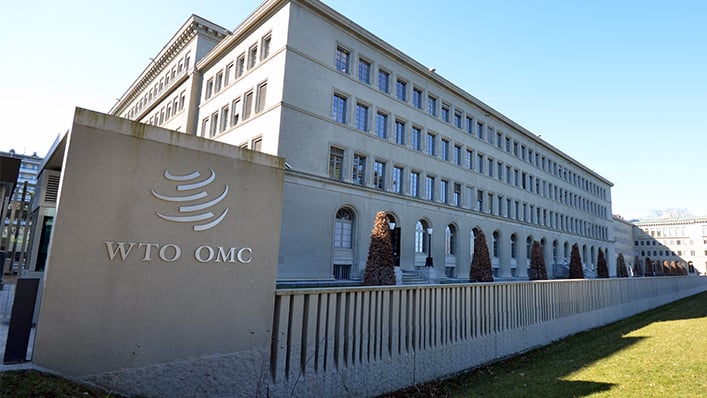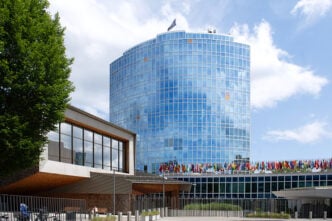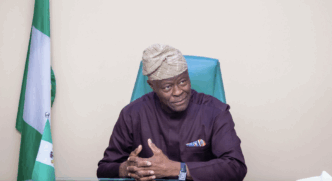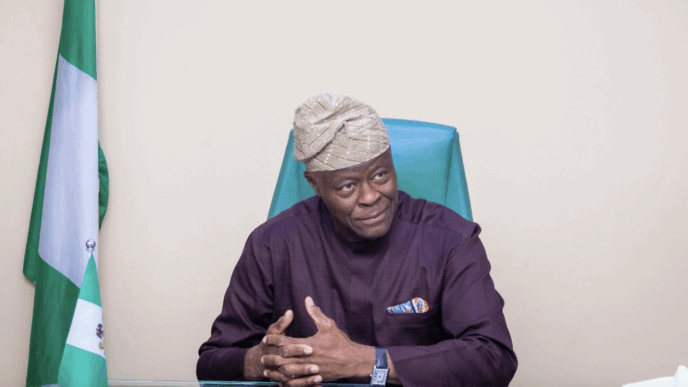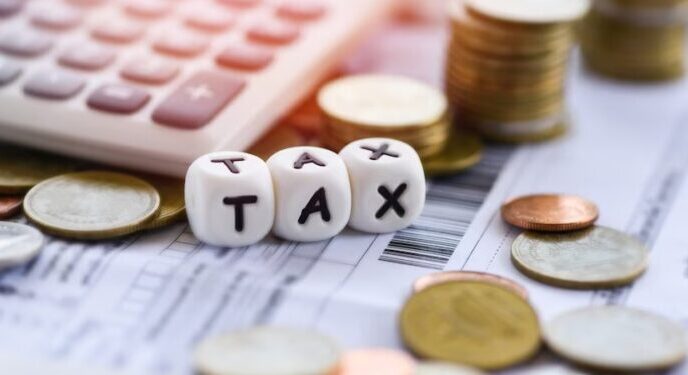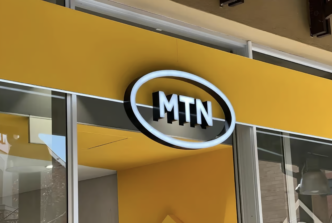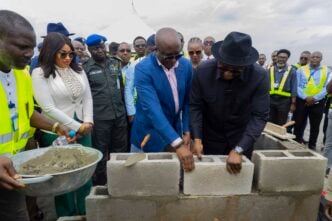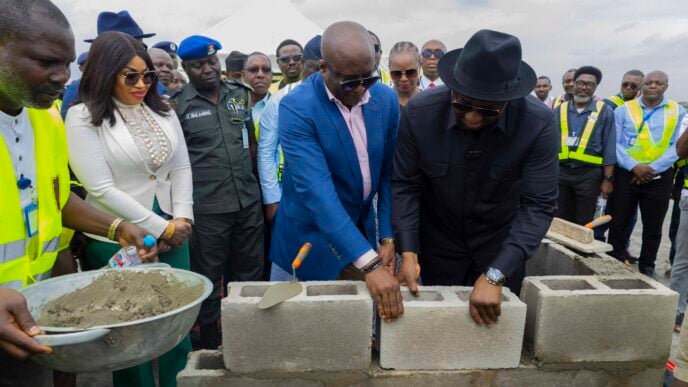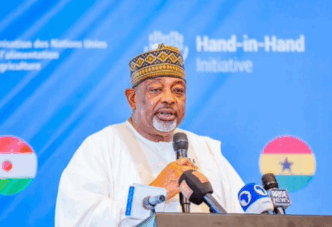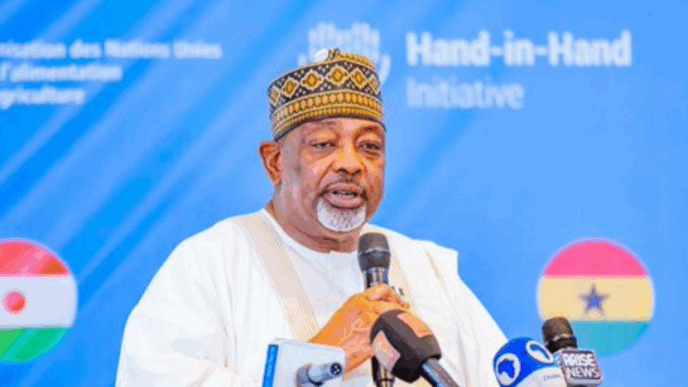The World Trade Organisation (WTO) says artificial intelligence (AI) could increase the value of global trade in goods and services by nearly 40 percent over the next 15 years if the right policies are put in place.
In its latest World Trade Report (WTR) launched in Geneva on Wednesday, the WTO projects that AI could also lift global GDP by as much as 13 percent by 2040.
The report highlights productivity gains and lower trade costs as the main drivers, but warns that the benefits will only be widely shared if governments bridge the digital divide, invest in workforce skills, and keep markets open.
According to the report, global trade could rise between 34 and 37 percent under different scenarios, depending on how quickly low-and middle-income economies catch up with richer nations in terms of infrastructure and technology.
Advertisement
The WTO said If developing economies narrow their digital infrastructure gap with advanced countries by 50 percent and adopt AI more widely, incomes could rise by 15 percent in low-income economies and 14 percent in middle-income economies.
The report also points to the need for open and predictable trade policies, noting that the number of quantitative restrictions applied to AI-related goods has climbed sharply over time, from 130 in 2012 to nearly 500 in 2024, driven by high- and upper middle-income economies.
“Access to AI-enabling goods remains uneven, with bound tariffs reaching up to 45% in some low-income economies,” the organisation said.
Advertisement
Speaking on the report, Ngozi Okonjo-Iweala, WTO director-general, said while AI offers enormous opportunities, access remains highly uneven across economies.
“AI has vast potential to lower trade costs and boost productivity. However, access to AI technologies and the capacity to participate in digital trade remains highly uneven,” Okonjo-Iweala said.
“With the right mix of trade, investment and complementary policies, AI can create new growth opportunities in all economies. With the right frameworks, trade can play a central role in making AI work for all.
“The WTO is committed to supporting this effort.”
Advertisement
Okonjo-Iweala said the report comes “amid the worst disruptions the global trading system has experienced in 80 years”.
“The ongoing political backlash against trade has much to do with underinvestment in education, skills, retraining and social safety nets during these past three or four decades of globalization. We cannot afford to repeat this mistake with AI,” she warned.
The WTO said governments must ensure that AI adoption does not widen inequality, but ensure investments in education, training, and labour market policies.
Advertisement
